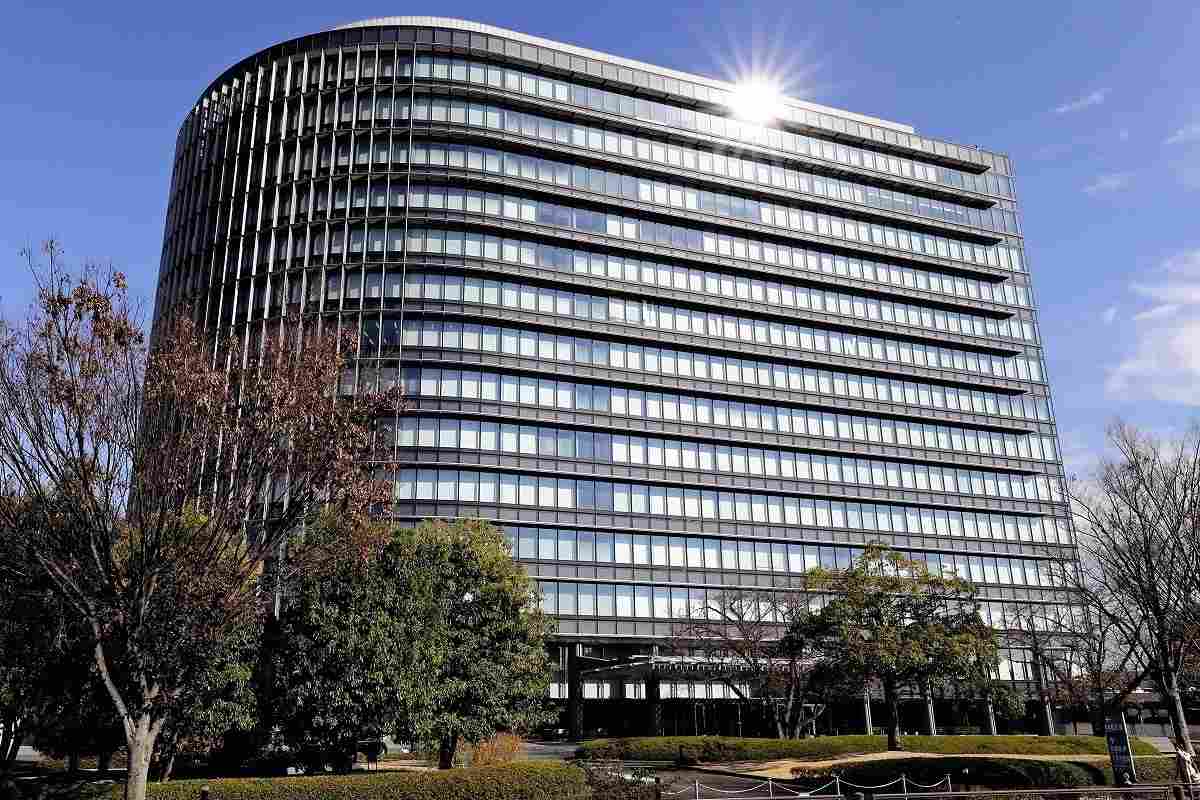Japan’s Transport Ministry: Toyota’s Safety Tests Do Not Meet U.N. Regulations; Ministry to Conduct Own Tests for Five Vehicle Makers Over Testing Fraud

Toyota Motor Corp. head office
17:17 JST, June 11, 2024
The transport ministry has concluded that six cases of misconduct by Toyota Motor Corp. related to vehicle certification may violate not only domestic standards but also U.N. vehicle regulations, it has been learned.
The U.N. vehicle regulations are international safety and environmental standards that have been adopted by 62 countries and regions including Japan, South Korea and Europe. Given that Japan’s domestic regulations for cars accord with those of the United Nations, the irregularities are highly likely to result in manufacturers being barred from mass-producing the vehicles involved in the scandal in Europe and elsewhere.
Monday marked one week since the Land, Infrastructure, Transport and Tourism Ministry announced five vehicle manufacturers had engaged in misconduct over model certification — a requirement for the mass production of automobiles and motorcycles. The ministry will use the results of on-site inspections conducted at each company to consider administrative action based on the Road Transport Vehicle Law.
According to the ministry, because Japan has adopted the U.N. vehicle regulations, any vehicle manufacturer that obtains model certification in Japan is automatically eligible for the same certification in 61 countries and regions, including Britain, Germany, France, Italy and South Korea, without completing additional certification tests at each location. This procedure — called mutual recognition — helps reduce the burden on manufacturers operating overseas.
Irregularities were found in six tests at Toyota, including the following: (1) offset frontal collision tests, which evaluate the degree of passenger protection; (2) pedestrian head and leg protection performance tests; (3) rear collision tests; and (4) engine power tests. These tests are also included in the U.N. vehicle regulations, which means the irregularities at Toyota violate not only domestic but also the U.N. regulations.
While Toyota claims that it conducted some tests under stricter conditions than the national requirement, the ministry concluded that was not necessarily the case.
Concerning pedestrian protection tests aimed at measuring the impact to the head of a pedestrian hit by a car, Toyota said at a press conference on June 3 that the company had used its development test data, which utilizes an impact angle of 65°rather than the required 50°. While the company apologized and said it should have conducted the test once more with an impact angle of 50°, it claimed that 65° was a stricter test.
However, according to sources close to the government, the strictness of a safety test depends on such factors as the shape of the car’s hood; the difference in the angle alone is not a determining factor.
Toyota also claimed that other tests were conducted under stricter conditions than required. However, the government believes it is impossible to say whether that was true in all cases. Instead, it is highly likely that Europe and other regions will consider Toyota’s misconduct to be a violation of regulations.
In the wake of the scandal, some manufacturers have called on the government to streamline the system of vehicle certification itself to ensure international competitiveness and for other reasons. However, the transport ministry is highly concerned that reducing domestic standards that accord with those of the United Nations will lead to a loss of mutual recognition for domestic manufacturers, which would adversely affect their overseas operations.
The five companies, Toyota, Mazda Motor Corp., Yamaha Motor Co., Honda Motor Co. and Suzuki Motor Corp., insist that the 38 models involved in the scandal meet domestic standards and that people can continue to drive them without a problem. However, the transport ministry plans to perform its own tests on these models. The discovery of a deviation from government standards may trigger a recall in and outside Japan.
Top Articles in Business
-

Prudential Life Insurance Plans to Fully Compensate for Damages Caused by Fraudulent Actions Without Waiting for Third-Party Committee Review
-

Narita Airport, Startup in Japan Demonstrate Machine to Compress Clothes for Tourists to Prevent People from Abandoning Suitcases
-

Japan, U.S. Name 3 Inaugural Investment Projects; Reached Agreement After Considerable Difficulty
-

Toyota Motor Group Firm to Sell Clean Energy Greenhouses for Strawberries
-

SoftBank Launches AI Service for Call Centers That Converts Harsh Customer Voices into Softer Voices
JN ACCESS RANKING
-

Japan PM Takaichi’s Cabinet Resigns en Masse
-

Japan Institute to Use Domestic Commercial Optical Lattice Clock to Set Japan Standard Time
-

Israeli Ambassador to Japan Speaks about Japan’s Role in the Reconstruction of Gaza
-

Man Infected with Measles Reportedly Dined at Restaurant in Tokyo Station
-

Videos Plagiarized, Reposted with False Subtitles Claiming ‘Ryukyu Belongs to China’; Anti-China False Information Also Posted in Japan
























